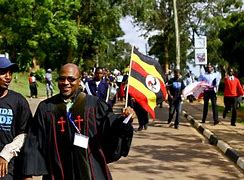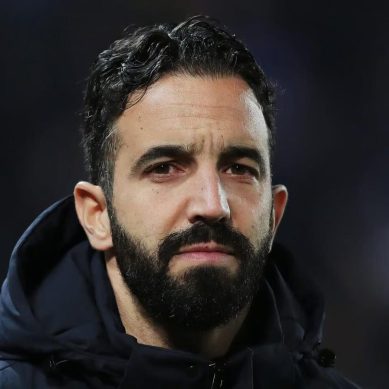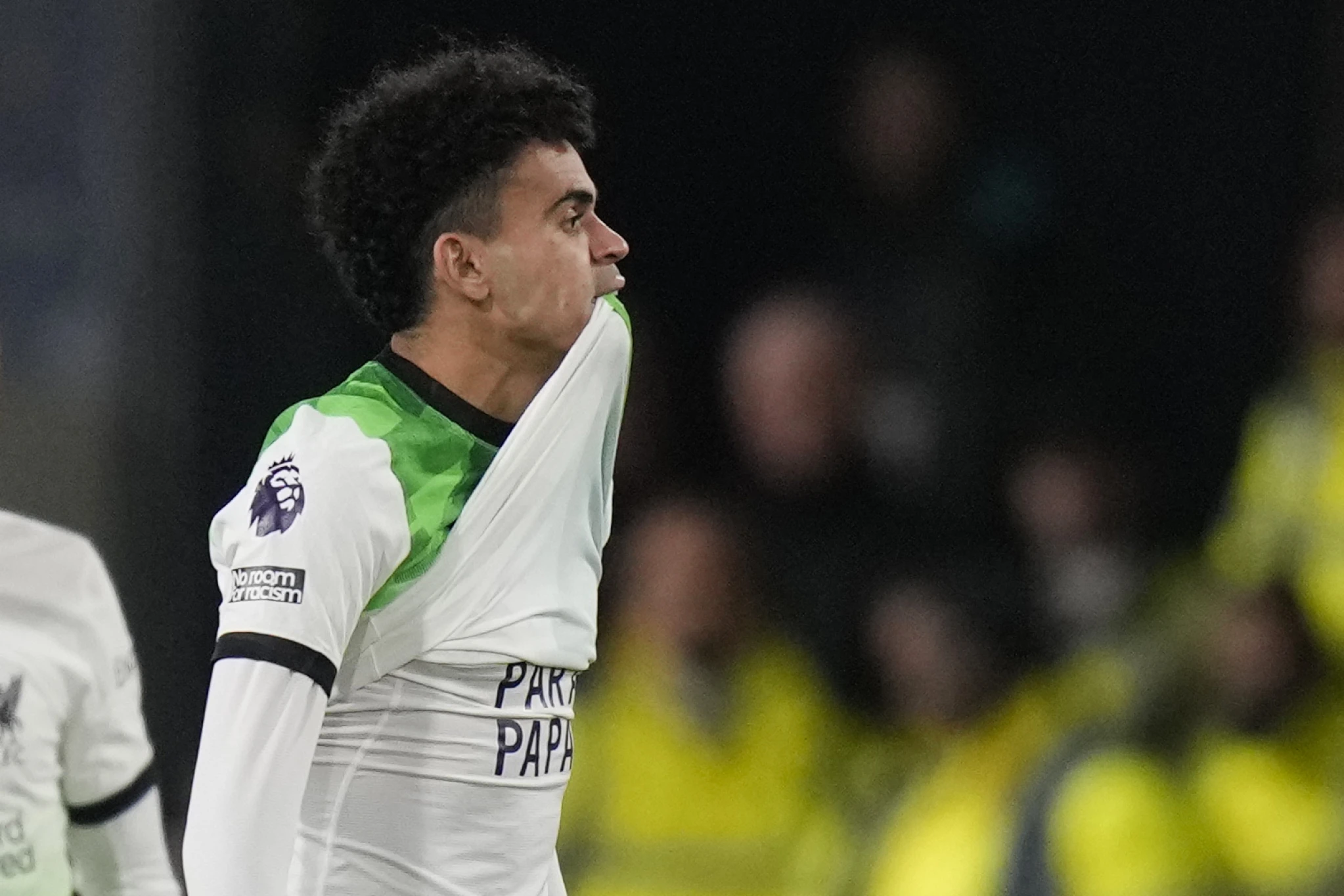
Earlier this year, a report shone a light on football and match-fixing. It went slightly under the radar. But it’s a genuinely big problem in world football – and the statistics in the report prove it.
The International Betting Integrity Association (IBIA) says football and tennis accounted for over half of suspicious sporting incidents in the third quarter of 2023.
It tallies with incidents over the past few seasons – even at the highest levels of the game. Last year, an Arsenal player was investigated for suspicious betting patterns around a Premier League yellow card but the case was ultimately dropped. Earlier this year, The Athletic revealed that two Europa Conference League games had been flagged to UEFA because of suspicious betting patterns.
We spoke to three experts to explain how match-fixing works, how widespread it is, whether fans should be worried – and why football is a sport that is susceptible to it.
Sergio Aguero’s last-minute winner to hand Manchester City the Premier League title in 2012. Zinedine Zidane’s headbutt in the World Cup final in 2006. Manchester United’s comeback to win the Champions League in 1999.
Underpinning all these magical football moments is the concept of integrity. Nothing untoward happened to bring about these dramatic moments. No goalkeeper was paid to let a goal in, no referee was bribed to give a card.
Although this may seem like a statement of the obvious for fans of top-level football, in many countries and leagues it is not always safe to assume that sporting drama is genuine.
While match-fixing may conjure up images of a comedy own goal or a ludicrous red card, at the higher levels it can be more subtle: a defender giving a top striker a little bit of room, or a goalkeeper diving a split-second too late, can mean an almost-certain goal.
“Fans want the unpredictable highs and lows that can’t be orchestrated,” explains Ben Paterson, director of data integrity and quality at IMG Arena. Paterson, whose company monitors anomalies in betting markets that can’t be explained, says the “pantomime” of a fixed match harms not just sporting entertainment but also the commercial viability of a league or competition.
He says the likelihood of match-fixing is low at the very elite level, where players are paid huge sums of money — which acts as a deterrent — while it is also low at levels of football where there is simply not enough betting activity to make a lot of money.
“But in the middle, you’ve got this huge peak where the betting market saturation is high enough that there is the opportunity to wager quite large sums across the industry.”
In Brazil in March, 16 players were charged for alleged match-fixing in 13 games, including eight in the top flight. Many involved were banned from football for extended periods and fined, while Igor Carius was absolved. Even the top divisions of Italy and Spain have faced match-fixing accusations in recent decades, while Germany had a major refereeing scandal in 2005.
“If a bookmaker’s odds are going one way when they should be going another, the disparity between the real odds and where those odds should be is growing,” he says. “So we continuously compare minute by minute, second by second.”
Paterson notes a distinction between “wholesale” match-fixing – where the outcome of a game or something related like the winning margin is rigged – and “spot fixing”, where a bet is placed on a particular incident like a yellow card “and is a lot easier for bookmakers to identify”.
Affy Sheikh is head of integrity services at Starlizard, a sports betting consultancy that uses data models to predict the outcome of sporting events. It also places bets on behalf of clients, the biggest being Tony Bloom, owner of Brighton & Hove Albion.
Bloom and other owners who have a financial interest in the betting industry receive special provisions from the FA but are subject to independent audits and have to submit an annual declaration to ensure they are meeting a strict set of conditions.
The company also investigates match-fixing and helps sports bodies and law enforcement identify such cases.
“It’s a transnational, cross-border phenomenon – certainly at the organised level,” Sheikh says, making it hard to police because “from a police perspective, once it becomes cross-border and transnational it requires international cooperation, which is not always easy”.
Sheikh also notes that when it comes to the complex world of international collaboration by law enforcement, priority is often understandably granted to things like terrorism or murder hunts, while issues like match-fixing go relatively unpoliced.
“Fans don’t necessarily realise the extent of (match-fixing) – they think it’s things like refereeing decisions in top-level Premier League matches that always tend to favour one team or VAR decisions,” he says. “But it is players and referees not at the highest level usually, and various circumstances lead them to be susceptible to criminal opportunity.”
“The top-level competitions have the most eyes on them. It may be easier to go under the radar if you were to do the same thing at a much lower level.”
He says football match-fixing is a huge global money-making opportunity for organised criminals because of the vast reach of the world’s most popular sport, and the huge sums wagered on matches every day.
Sheikh identifies Asia as a particular hub of match-fixing activity because huge sums are gambled through countries like the Philippines. In those countries, gambling companies are legal but the money from gamblers ultimately comes from elsewhere, especially China, where betting laws are far more restrictive.
Some Premier League shirt sponsors play a role in this cross-border betting, as The Athletic revealed in 2021. European organised crime groups are also heavily involved, he says.
Sheikh has also suggested that players could be exploited or blackmailed if they are in a position of debt — or even worse.
“If someone is on a very high weekly salary, yes, they’re probably very difficult to corrupt financially, but they could be coerced through threats of violence or kidnapping,” he says.
One theme running through the issue of match-fixing and those trying to combat it is how it is rapidly changing through new technology and the growing list of places where gambling is popular.
“Criminal involvement evolves and there are new methods, such as criminals targeting first-half betting markets rather than full time,” says Sheikh. “Perhaps it makes it easier to corrupt players.”
This has been observed in tennis; it is an easier sell to get a player to deliberately lose the first set and try their best for the remainder of the match than to lose a whole match. Another changing factor is that as gambling spreads into more corners of the world it is easier to “hide” suspicious flows of cash.
“Concealing a large bet or a series of large bets within the market is becoming increasingly easy to do,” says Paterson.
Chris Rasmussen is a lecturer in Sports Betting Integrity at the University of New Haven.
“I think (match-fixing) is getting easier to detect because we have a lot more data points than we used to have… but (organised crime groups) are spreading out the fixing.”
Asked why ordinary football fans should be concerned about match-fixing, Rasmussen goes beyond the issue of sporting drama and commercial appeal.
He says that fixing can be linked to other unsavoury criminal activity like human trafficking and drug dealing – various ways for criminals to make money which often reinforce each other – and can mean a direct link between football matches and some other very unsavoury activities.“ The criminals are getting more and more clever,” says Rasmussen.
- The Athletic report











